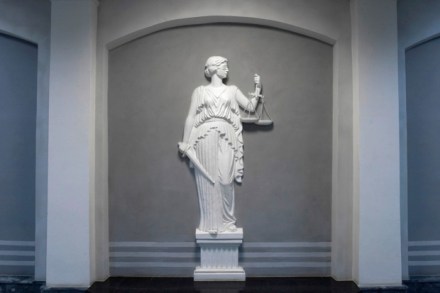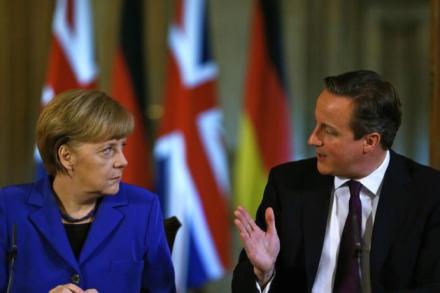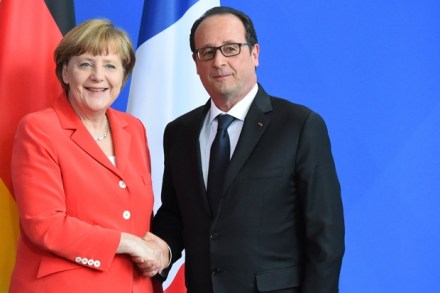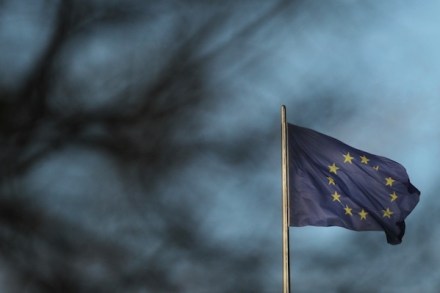The march of the ‘yes’ men
Forty years ago this week, Britain voted to remain part of the European Community. That remains the only direct vote on the European question that the country has had. The promise of a say on the EU constitution was shelved when that document metamorphosed into the Lisbon Treaty, and the ‘referendum lock’ that the coalition introduced has not yet been triggered by a transfer of power to Brussels. So it’s a historic process that the government will begin on Tuesday, with the first Commons vote on its referendum bill. Straight after the election, there was much speculation that the government would opt for an early referendum on EU membership, rather


















